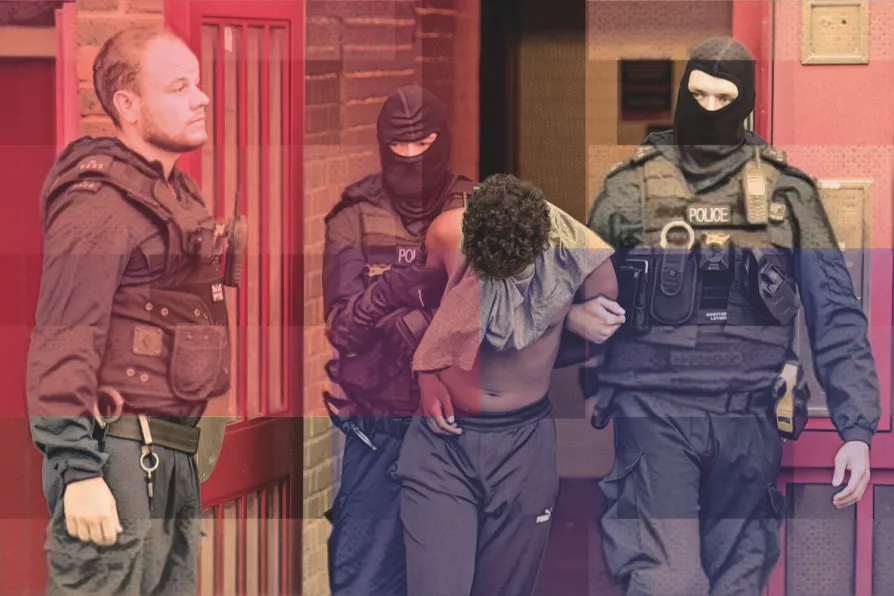LUKE FLETCHER outlines Plaid Cymru bold plans for wide-ranging policy consultations with trade unions in Wales


I BECAME aware of joint enterprise after watching Jimmy McGovern’s shocking and powerful 2014 drama Common.
This is the legal doctrine, technically known as the law of complicity, that has resulted in people being convicted of very serious crimes, including murder, despite someone else committing the act itself.
Joint enterprise is used to prosecute someone who intentionally “assists or encourages” an offence — and if found guilty, they are punished as harshly as if they had been the principal offender, which can lead to life imprisonment.

KIM JOHNSON MP places the campaign in the context of the history of the working-class battles of the 1980s, and explains why, just like Orgreave and the Shrewsbury Pickets before it, justice today is so important for the struggles of tomorrow

Former judge ANSELM ELDERGILL examines the details and controversy of Lucy Letby’s trial and appeal in the context of famous historical wrongful convictions that prove both the justice system and legal activists make errors

ANSELM ELDERGILL examines the government’s proposals to further limit the right of citizens to trial by jury











